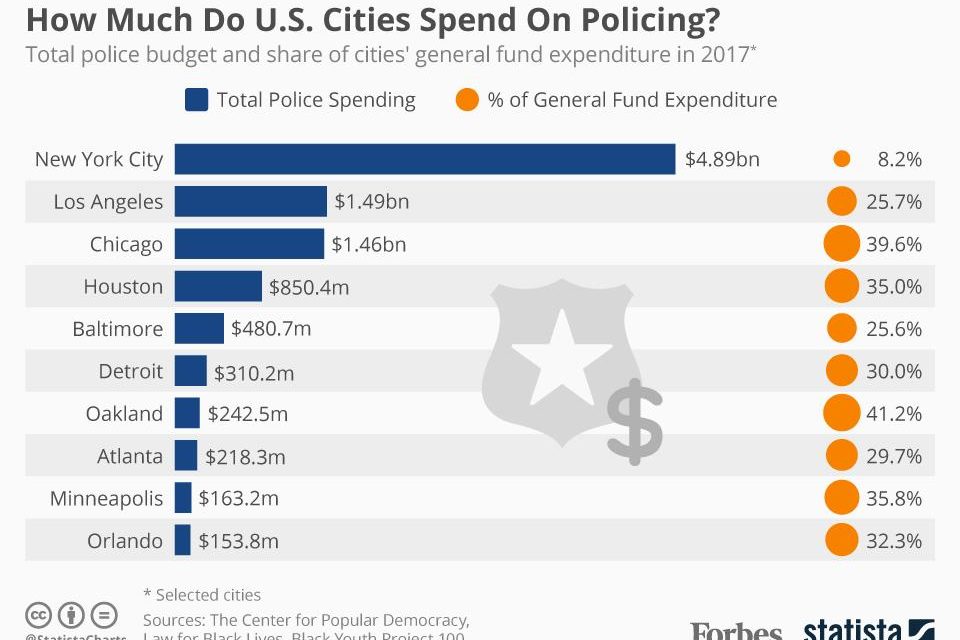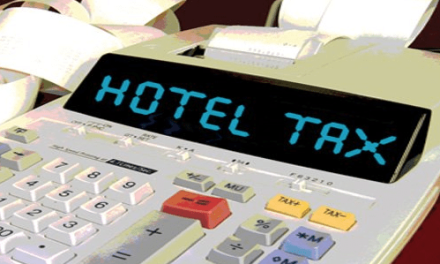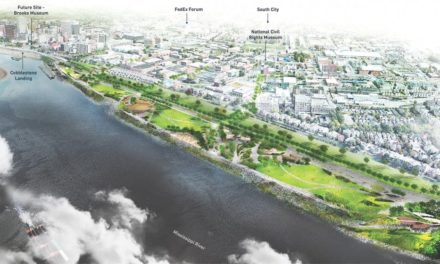Over the past three decades, U.S. cities have allocated larger and larger shares of their budgets towards law enforcement. Today, the U.S. collectively spends more than $100 billion a year on policing and a further $80+ billion on the incarceration of 2.3 million people.
Now, in the wake of George Floyd’s murder, cities are considering cuts to police budgets so funds can be shifted to programs that emphasize intervention and prevention over suppression and arrests.
In Memphis, the police department’s budget has increased 11.2% since 2017, compared to 7% for the entire city budget.
In 2017, MPD’s budget amounted to 38% of the City of Memphis budget. Today, it is 40%.
Although crime levels have dropped substantially over the last 30 years in line with the spending uptake, a report by The Center for Popular Democracy, Law for Black Lives and the Black Youth Project 100, makes the case that investment in mental health, housing, youth development and living wages would stabilize communities and prove more effective than policing.
The report also provides an overview of police budgets across several major American cities. Oakland allocated the highest share of its general fund to policing in 2017 at 41 percent and $242.5 million. Chicago was close behind with 39.6 percent ($1.46 billion) while Minneapolis set aside 35.8 percent ($163.2 billion). New York had the highest police budget in FY 2017 at $4.89 billion, though this only equates to 8.2 percent of the city’s general fund.
In its report, the Center for Popular Democracy wrote:
“The choice to resource punitive systems instead of stabilizing and nourishing ones does not make communities safer. Instead, study after study shows that a living wage, access to holistic health services and treatment, educational opportunity, and stable housing are far more successful in reducing crime than police or prisons.
“While many community members assert that increased spending on police do not make them safer, cities and counties continue to rely overwhelmingly on policing and incarceration spending while under-resourcing less damaging, more fair, and more effective safety initiatives.”
The City of Memphis budget for FY 2021 dramatically reflected the damaging impact of Covid-19 with a proposed budget for the coming year that was about $30 million less than the forecasts for FY 2020.
To offset the significant blow to its revenues, grants and subsidies are bearing the brunt of the impact. The proposed budget had $35.1 million for grants and subsidies, which compares to the current adopted budget of $50.2 million and the forecast budget for this year of $68.9 million.
While protesters call for the “defunding of the police,” the proposed budget for MPD increased from $272.8 million in the current adopted budget to $282.1 million in the proposed budget.
It’s the largest increase of any city division in actual funding; however, in terms of percentage increase, City Courts increased by 17.7%, compared to the MPD increase of 3.4%.
The “defund the police” chants are a plea for cities to reallocate money from police budgets and invest it in services like neighborhood revitalization, housing, parks, libraries, and interventions.
While the chant’s meaning is regularly distorted by right wing extremists, there is logic in this more balanced budgeting approach. After all, in the past four decades, the cost of policing in the U.S. has tripled to $115 billion a year although crime nationally has fallen.
The following is the percentage increase or decrease for each division, the amount of the funding increase or decrease (comparing the FY 20 adopted budget to the proposed FY 21 budget):
+17.7% + $1,018,852 – City Court Clerk
+4.4% + $8,000,278 – Memphis Fire Department
+3.4% + $9,327,585 – Memphis Police Department
+2.8% + $542,300 – Executive
+2.0% + $437,359 – Libraries
+1.2% + $10,059 – Judicial City Courts
-.9% – $151,462 – Public Works
-1.0% – $129,380 – Information Systems
-3.6% – $521,298 – City Attorney
-5.2% – $1.266,400 – General Services
-5.8% – $517,935 – Human Resources
-6.0% – $2,270,325 – Parks
-7.1% – $370,305 – Housing and Community Development
-7.8% – $199,342 – City Council
-8.6% -$1,302,294 – Finance and Administration
-8.7% – $764,635 – City Engineer
-29.9% – $15,056,355 – Grants and Subsidies
Some of these numbers may have changed somewhat as a result of budget hearings, but because government budgets are moral documents, they speak to city priorities.
***
Click here to join us at the Smart City Memphis Facebook page for daily articles, reports, and commentaries that are relevant to Memphis.





